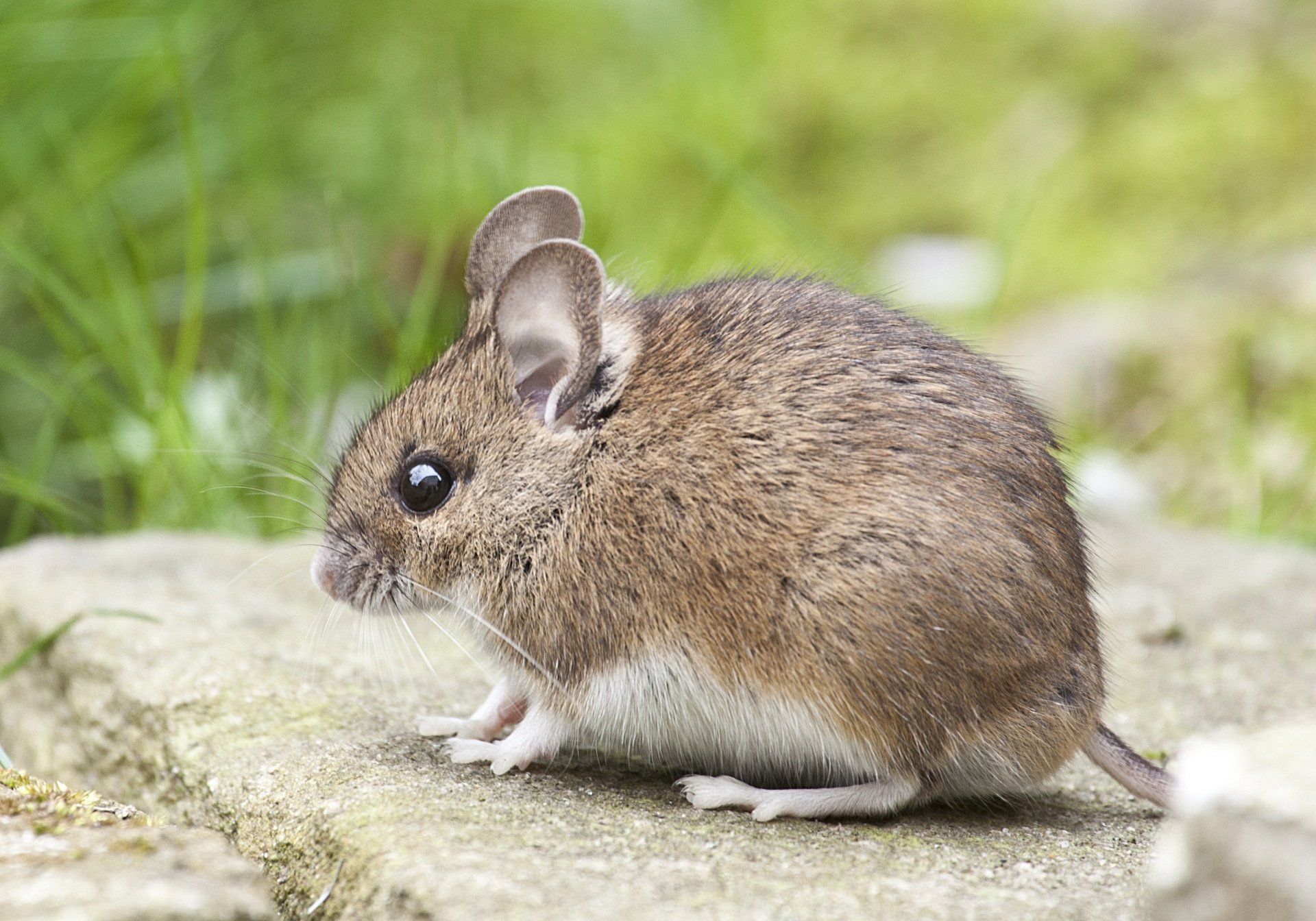Pest Control Tips for Landlords and Property Managers
A rental property is doomed to fail if pests infest a property.

Because bugs and tenants cannot coexist, they can wage war against the landlord's income. Most of the time, one needs to give way to the other, and the people who live in the building are usually the ones who are forced to leave first.
To put it another way, the non-paying residents of a house (such as pests) may drive out the people who are actually paying to live there. According to realty management associates, this is how bugs wreak havoc on a landlord's bottom line.
Pest Control is Important
Pests do more than just make the house inhabitable when they do damage. Wires, walls, and pipelines can be chewed through by pests, resulting in even more severe damage to a house. They create their nests out of the materials found in the house, and in the process, they damage the house's structural stability. In addition, pests spread disease by dispersing waste and urine throughout the residence.
In spite of the danger they pose to a rental property, pests go undetected for a long time. In most cases, a pest invasion has already progressed to an advanced stage before it becomes obvious. The infestation that has already taken its toll on the property is an understatement.
Because of this, prevention is the best method to deal with insect infestation. Preventing pests from invading a rental home is significantly more convenient than having to evict them once they have established themselves. Vermin control often necessitates several months of pricey treatment to be entirely eradicated.
Keeping pests at bay can be made a lot easier by following these easy suggestions.
Tips to Control Pests
Pests can infest any property. These ancient bugs may appear almost anywhere there is wood, and their attacks can be devastating for landlords. Fortunately, there are several termite pest control tips that landlords & property managers may use to safeguard themselves and their properties.
- Inspection of The Property Should be Done Routinely. If a person isn't actively looking for evidence of pests in their home, it's easy to overlook them. When it comes to pests, they're really cunning. Most pests are nocturnal, which means they're active during the night. You should pay attention to those parts of the home that are rarely visited, concealed from view, damp and gloomy during inspections.
- Seal All Possible Entry Points. Infestation by pests is usually accompanied by the emergence of structural problems in a house. Pests can quickly get into a property if there are holes and gaps in the walls, floors, foundation, and roof. Pests will have a more difficult time getting into the building if all possible access points and hiding areas are sealed up. In addition, pests that do enter the house will be more challenging to detect because they won't be able to survive.
- Remove Pests' Food Sources and Properly Dispose of Your Garbage! For pests to thrive, they need food. Pests can only be found in a building if they are eating on something on or near the premises. Pests want to be in close proximity to where they may easily access food. Consequently, if there is no food available, they will likely leave. Pests are attracted to food that is left out in the open in the kitchen and uncovered garbage bins that are too close to a building.
- Eliminate Clutter. Litter, including cloth, paper, and wood, can provide pests with hiding spots and nesting supplies. Wood piles, logs, and the compost heap on the property are popular places for bugs to hide. They can find the optimal hiding place and nest ground in overgrown hedges and bushes. The bugs that live inside these items will be eliminated if they are removed.
- Keep the Property Dry by Removing All Standing Water. Leaks in the home's plumbing or exterior faucets might cause standing water. Alternatively, the terrain around a property may slope toward the home rather than away from it. Rainwater will be able to accumulate in the yard this way. Insects thrive in stagnant water because it provides an ideal environment for their development. Damp conditions attract pests, including rats, cockroaches, and bedbugs.
If your insect problem is out of hand and your tenants complain, it's time to call in the pros. It's advisable to get on the case as soon as possible to avoid more property damage. On the other hand, Ground Pest Control aims to get to the base of the problem. We will thoroughly inspect your rental property, and we'll discuss our findings with you so that we understand your worries and observations about the pests you've seen.






